Sleep Apnea Treatment in Chunni-ganj, Kanpur
Sleep apnea is a disorder wherein a person’s breathing repeatedly stops and starts while sleeping. Due to this irregular pattern, one may start to feel tired, sleepy, and drowsy during the day. In the long term, this could lead to certain heart diseases.
Sleep apnea is more common in men as compared to women. It can affect people of all ages, but, it is commonly found in people in Kanpur, above the age of 50, and those who are obese or overweight.
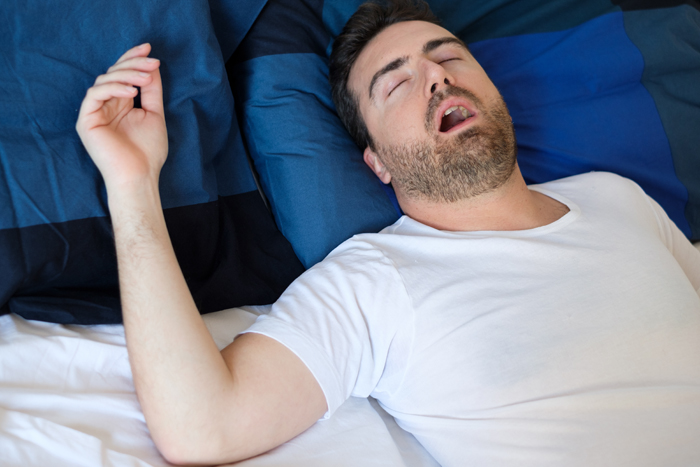
What is Sleep Apnea?
Sleep apnea refers to a condition wherein a person’s breath starts and stops repeatedly while sleeping at night. It can occur due to two reasons -
- The person’s airway is blocked at night, or,
- The brain stops sending signals to the muscles to initiate breathing.
Both reasons lead to breathing being stopped. When they start breathing again, they often gasp for air, causing them to snore or completely wake up. This irregular breathing pattern affects sleep quality, taking a higher toll on the heart and leading to higher risks of heart failure and other diseases.
What are the Types of Sleep Apnea?
There are mainly two kinds of sleep apnea -
- Obstructive Sleep apnea: Obstructive sleep apnea refers to a complete or partial blockage in the airway while sleeping at night. The chest muscles work extra hard to free the airway, causing the body to jerk and the person gasps for air.
- Central Sleep apnea: In central sleep apnea, the airway doesn’t get blocked but the brain stops sending signals for the person to breathe, due to impermanence in the respiratory system.
Obstructive sleep apnea is the more common, of the two types.
What are the Causes of Sleep Apnea?
As mentioned above, obstructive sleep apnea occurs when the airway gets blocked while sleeping. This happens when the tissue at the back of the throat shuts partially or completely, while the person is sleeping at night. On the other hand, in central sleep apnea, the airway doesn’t get blocked but the brain stops sending signals to the muscles to initiate breathing.
What are the Symptoms of Sleep Apnea?
A person suffering from sleep apnea may not experience or recall any of the symptoms during the night. These symptoms may be noticed by another person. The most common symptoms of sleep apnea may include:
- Snoring
- Frequently waking up during the night
- Gasping for air when waking up at night
- Fatigue and sleepiness during daytime
- Trouble concentrating
- Dry mouth when waking up at night
- Headache
- Mood swings
- Depressions
- Night sweats
All the symptoms above may be common in a person suffering from obstructive sleep apnea.
When Should you See a Doctor?
A person suffering from sleep apnea may not notice the symptoms of it, while they are sleeping at night. Another person may notice some of the symptoms during the night. If there is consistent snoring or a stop in breathing during the night, then one should seek medical help as soon as possible for an appropriate diagnosis.
Request an appointment at Apollo Spectra Hospitals, Kanpur
Call 1860-500-2244 to book an appointment
What is the Treatment for Sleep Apnea?
The severity of sleep apnea cases can be reduced with the help of certain lifestyle changes.
People who are overweight might reduce the risks associated with sleep apnea substantially, even if they reduce their weight by 10-15%. Liming alcohol consumption and reducing the habit of smoking will also help patients with obstructive sleep apnea.
In some patients, sleep apnea mostly occurs when they sleep on their back. In these cases, the patient should try to sleep on their side, with which they can ensure that their air passage isn’t getting blocked.
For more serious cases, CPAP (continuous positive airway pressure) therapy is recommended under which the patient is provided constant pressure of air through a mask to ensure the airway doesn’t get blocked during the night. In other cases, at Apollo Spectra, Kanpur, doctors may surgically widen the airway by removing any restricting tissue.
Conclusion
Sleep apnea is a problem that is common among people above the age of 50 and can lead to serious problems, if not treated. It may be difficult for the person concerned to be aware of the symptoms. Hence, people around them should look for any signs or symptoms, and the individual should seek medical help as early as possible.
Hormonal imbalance and drugs for keeping PCOD under control can cause problems while sleeping. Sleep apnea has been listed as one of the complications of PCOS.
There is no cure for sleep apnea but it can be treated with medical help and CPAP.
It can lead to more serious health problems like high blood pressure, the risk of having a stroke, and irregular heartbeats.
Symptoms
Our Doctors
DR. SANJEEV KUMAR
MBBS,MS...
| Experience | : | 34 Yeras Experience |
|---|---|---|
| Speciality | : | ENT, Head and Neck S... | Location | : | Chunni Ganj |
| Timings | : | Available by prior a... |
DR. LAXMI TANDON
BDS...
| Experience | : | 16 Yeras Experience |
|---|---|---|
| Speciality | : | Dental and Maxillofa... | Location | : | Chunni Ganj |
| Timings | : | Mon - Sat : 9:00 AM ... |
DR. ALOK GUPTA
MD (Gen Medicine), D...
| Experience | : | 33 Yeras Experience |
|---|---|---|
| Speciality | : | General Surgery & Ga... | Location | : | Chunni Ganj |
| Timings | : | Mon - Sat : 10:00 AM... |
DR. ARUN KHANDURI
MBBS, MD (Gen. Med),...
| Experience | : | 36 Yeras Experience |
|---|---|---|
| Speciality | : | General Surgery & Ga... | Location | : | Chunni Ganj |
| Timings | : | Mon - Sat : 10:00 AM... |
DR A P SINGH
MBBS,DLO...
| Experience | : | 14 Yeras Experience |
|---|---|---|
| Speciality | : | ENT, Head and Neck S... | Location | : | Chunni Ganj |
| Timings | : | Available by prior a... |
DR. KARTIK AGARWAL
MBBS, MD - General M...
| Experience | : | 6 Yeras Experience |
|---|---|---|
| Speciality | : | Gastroenterology... | Location | : | Chunni Ganj |
| Timings | : | Mon to Sat : 5:00 PM... |
Our Top Specialities
NOTICE BOARD
CONTACT US
CONTACT US
 Book Appointment
Book Appointment


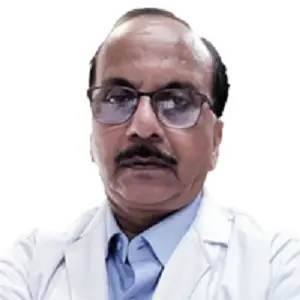
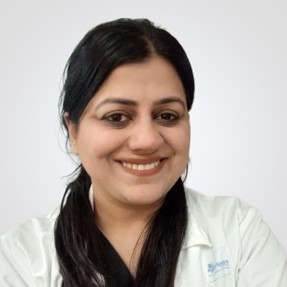
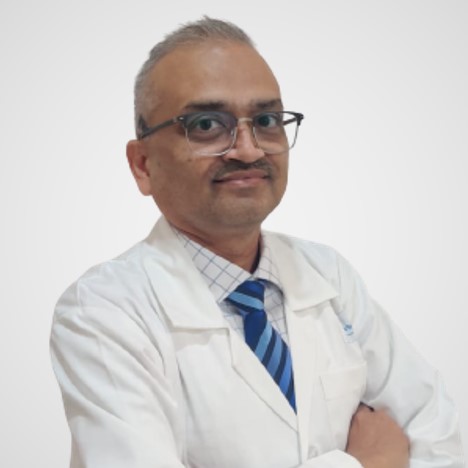
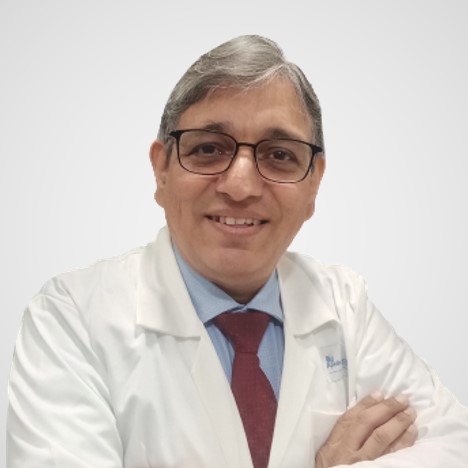
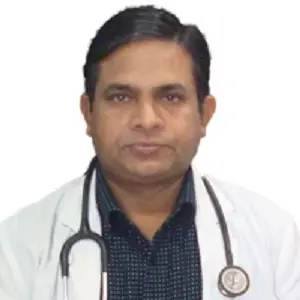

.svg)
.svg)
.svg)
.svg)








